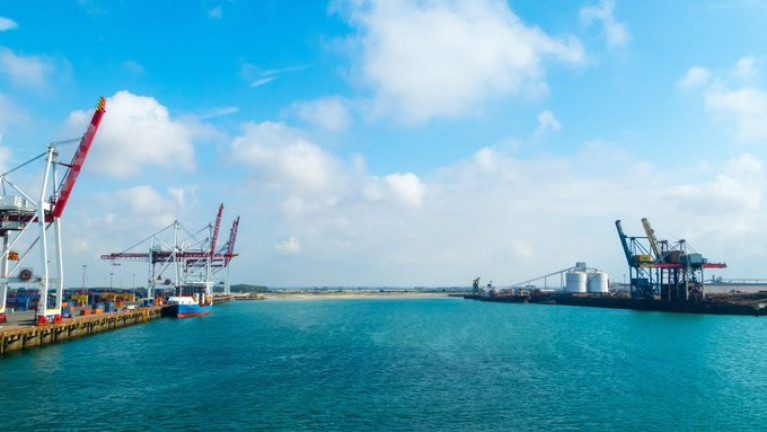Displaying items by tag: Tourism direct: 2022
Irish Minister Opens New Dunkirk Terminal As Connections on Ireland-France Routes Reach 44
Minister for European Affairs, Thomas Byrne, is today inaugurating a new Irish terminal at the French ferry port of Dunkirk, with Ireland-France shipping routes rising from 12 before Brexit to 44 now.
It has already handled nearly 50,000 freight units (trucks and un-accompanied containers) moving from Rosslare Europort and back, as exporters side step the UK landbridge since Brexit took effect on 1 January.
"It's basically sold out now with freight lorries," said Minister Byrne.
"The whole port, the [Nord Pas de Calais] region, the [Dunkirk] chamber of commerce, is behind this, to get even more connections to Ireland.
"We only had 12 direct routes to France before Brexit, now it’s 44," he added.
"We are looking as well next summer towards tourism to get Irish tourists into this region, but also of course, tourists from Northern France, Belgium, Holland and Germany. They have more direct routes into Ireland too."
Further reading RTE News reports including the Minister's response to the Northern Ireland protocal.
In addition Afloat's coverage of the latest development of DFDS's Rosslare-Dunkirk route. The direct route to the EU which started the day after Brexit was officialy implemented.

























































